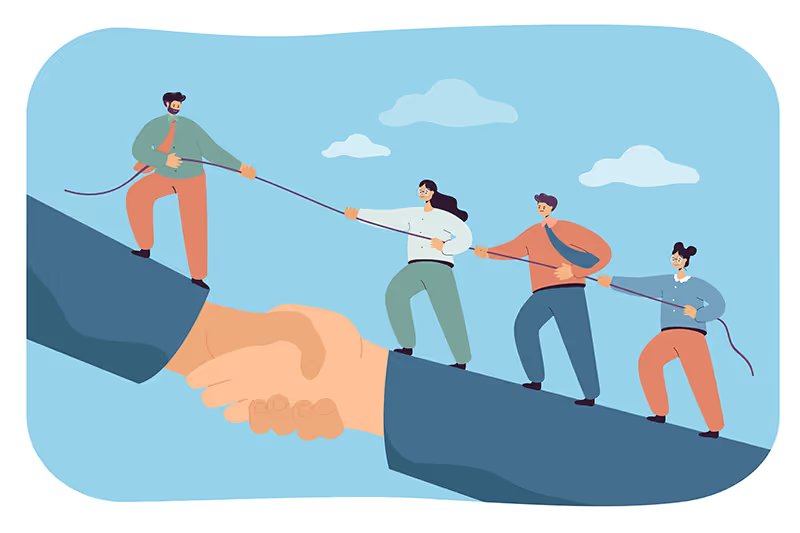As a leader, you might think your job’s relatively safe from being taken over by artificial intelligence (AI). Even if AI relieves managers of some standardized tasks, such as employee recruitment, training, or performance evaluation, only humans can be true leaders — inspiring and motivating employees to contribute to an organization’s collective goals.
Think again, say the authors of a new commentary in the Journal of Leadership & Organizational Studies. Not only will AI develop the people-oriented skills necessary to become a great leader, it’ll probably do a better job than the average leader today. Therefore, the researchers say, we need to start defining the role humans will play in the future of leadership before machines decide for us.
Many people romanticize human leadership and believe it can never be overtaken by AI. Indeed, organizations are primarily using the technology now to automate routine tasks, such as gathering and interpreting information, recognizing patterns, and making predictions. However, the researchers predict AI will soon evolve from being a tool for human leaders to becoming an active adviser — and eventually a substitute for human leadership. And at the rate new AI tools are being developed (and the technology’s ability to learn and improve from its mistakes), the transition will likely happen sooner than expected.
The coming phase — already in its early stages — will involve humans and AI collaborating to lead employees. For example, algorithms can alert managers that certain team members need more attention, detect burnout, or help leaders revise their communications to make them more empathetic, charismatic, or visionary. Already, startups are offering AI solutions to assist leaders, such as support dashboards, performance review tools, and communication assistance systems. In this phase, humans will still be in charge of decisions and their execution.
That’s not true in the next phase of AI leadership, when AI will assume complete authority over leadership functions typically associated with humans. This phase will be accelerated by the metaverse, where immersive virtual reality experiences will replace video calls, and an AI’s avatar will be indistinguishable from those of humans. Compared with most human leaders, AI will offer employees faster responses and feedback and more effective communication. In addition, humans seem more open to negative or developmental feedback provided by AI than by another person. A machine telling you your report isn’t up to snuff is likely less threatening than the same feedback given by a human manager. This could be because humans are naturally more sensitive to social interactions and more likely to view them negatively.
Before you freak out, human leaders won’t become obsolete. Instead, their role may change from leading humans within an organization to leading the machines that lead the humans. This new crop of leaders will need to understand how both humans and AI operate. They’ll need to build ethical rules into the technology, for example, to prevent exploitative leadership for the sake of short-term benefits or to avoid discrimination or bias resulting from the datasets AI is trained on.
The researchers close with a call to action: “The question is not anymore whether AI will play a role in leadership; the question is whether we will still play a role. And if so, what role that might be. It’s high time to start that debate.”
For more on AI and the future of work, don’t miss the NeuroLeadership Summit 2023 keynote session, “Making AI Work at Work.” Click here for more details.




.avif)



